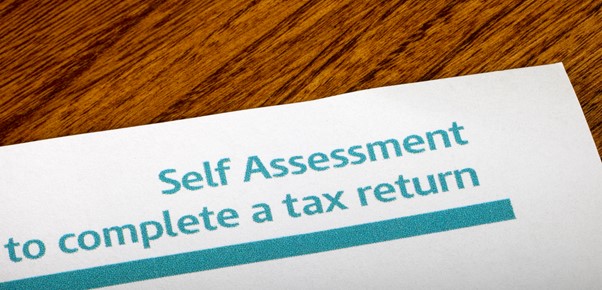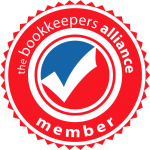
Bookkeeping with a personal touch
07759 983428


Bookkeeping with a personal touch
07759 983428

Effectively, a payment on account is an advance payment of tax and Class 4 National Insurance towards your tax bill before your self-assessment tax return has been submitted.
In terms of your tax return, you will be declaring your self-employment profits, and obviously any other income that you have to HMRC at the end of every tax year. A tax year runs from the 6th April through to the 5th April, although this may be different to your financial year. HMRC give you from 6th April until the following January to pay your tax, so you could complete your tax return early and still pay your tax on the 31st January the following year, or you could even complete your self-assessment on the 31st January and also pay your tax on that same day. Obviously, this is not advisable to leave it to the ‘eleventh hour’!
HMRC give you a period of time to prepare your tax return and to pay your tax, just in case you need to save, should your tax bill be a little bit higher than you had expected.
So, what they say is if your tax liability is over a thousand pounds, they want some of that tax a little bit earlier. Hence, the “payment on account”.
If the tax return you have just submitted shows a tax liability of more than £1k, what HMRC say is that we think you will earn exactly the same this tax year as you did in the tax year just gone and so we want 50 per cent of that tax liability at the end of January, so at the same time, and then the remaining 50 per cent in July the same year.
To give you sort of an example, let’s just say between April ’22 and the end of March ’23, so the tax year, you made enough profit to give yourself a five thousand pounds tax liability, and so that five thousand is due in January ’24. HMRC will say we think you’re going to earn five thousand next year, so we want half of that also at the end of January, so your tax bill jumps from five thousand to seven and a half. And then we want another two and a half at the end of July ’24. Any payments on account made in January and July each year, go towards your tax bill for the following year once your return is submitted. In effect, you’re always ahead of the game.
It can be a bit of a shock when you first fall into that payment on account territory, especially if you’re just not aware of it. If you haven’t been saving tax, suddenly not only are you having to sort of scrabble around to find a tax bill from the tax year just gone, but you’ve now got an extra 50 per cent to suddenly find by the end of January, which clearly can be quite stressful. This is why it’s a good idea to save for tax as you go.
HMRC do actually allow you to amend your payment on account.
If you have your bookkeeping done and self-assessment ready to lodge before 31st July (when the second payment on account is due), it’s a good idea to submit the return and this will have an impact on what that the second payment on account amount is, especially if profits are lower than anticipated.
Your tax liability will be higher and therefore your payments on account will also increase for the following tax year.
Any tax that has been overpaid will be refunded when your final tax return is submitted.


Registered with HMRC Anti Money
Laundering Scheme.



By continuing to use the site, you agree to the use of cookies. more information
The cookie settings on this website are set to "allow cookies" to give you the best browsing experience possible. If you continue to use this website without changing your cookie settings or you click "Accept" below then you are consenting to this.
